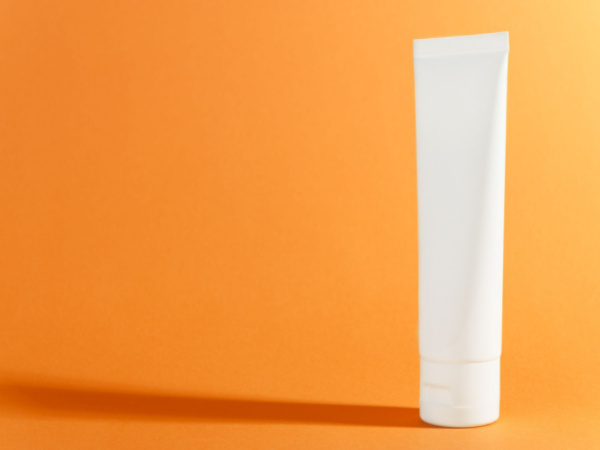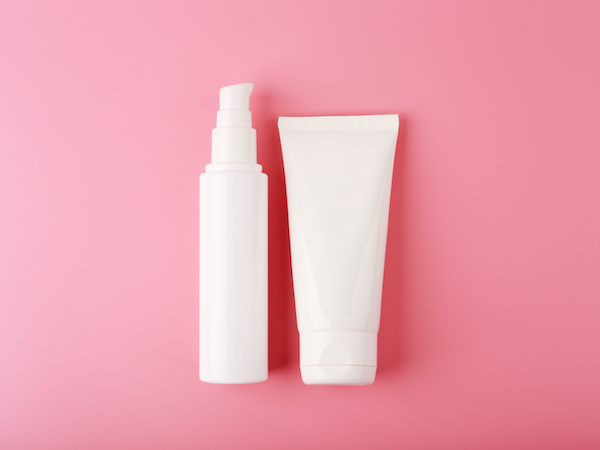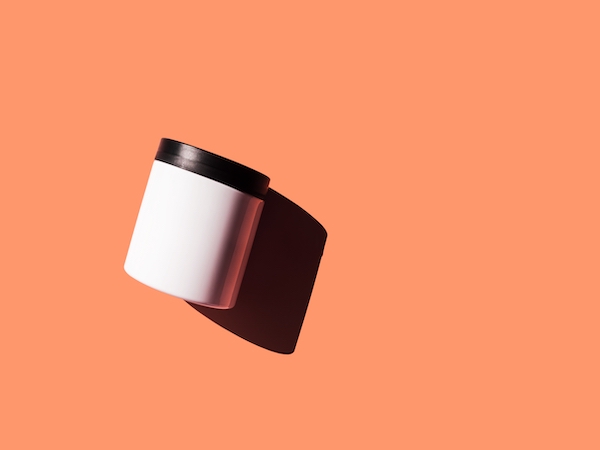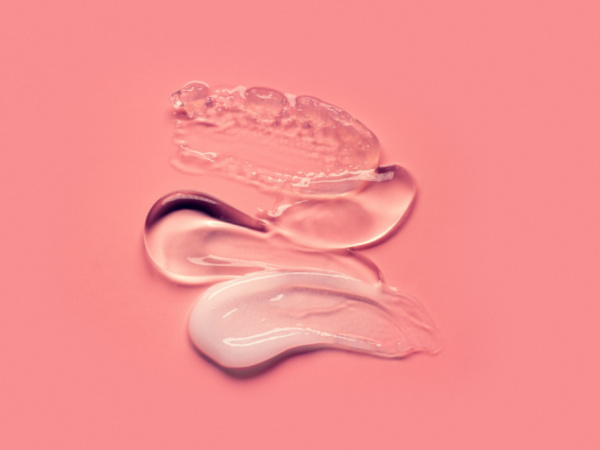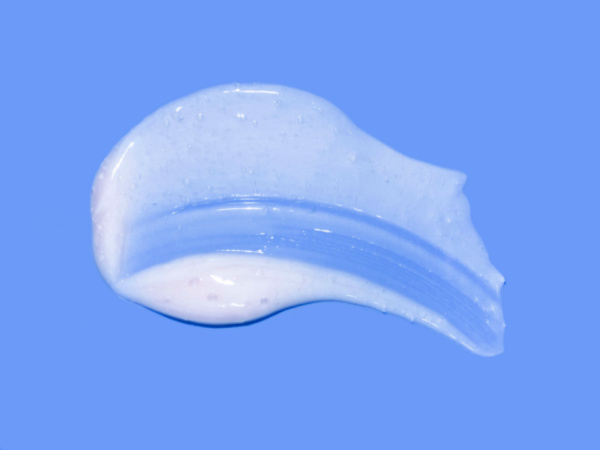When the hair follicles under your skin become clogged, a skin condition called acne starts to cause pimples to pop up. You’ll often see them on your face, but they can also show upon your chest, back, or shoulders.
Acne vulgaris has several causes. Everything from your hormones and genetics to the skincare products you use and the environment you’re in can contribute to acne.
There’s no one-size-fits-all answer to treating acne. Treating your acne from inside and out is the best approach. Regardless, it can be treated.
The Different Types of Acne
While acne doesn’t necessarily come in all shapes and sizes, there are six different kinds that you should be aware of.
Acne is divided into two groups — inflammatory and non-inflammatory.
Non-inflammatory acne includes whiteheads and blackheads — most likely symptoms you’re aware of.
In contrast, inflammatory acne can involve:
- Papules
- Pustules
- Nodules
- Cysts
Inflammatory acne is considered the more severe of the two, but its severity depends on the particular type of acne.
It should also be pointed out that more than one type of acne can appear together.
You could have whiteheads and blackheads simultaneously as one or more other forms of acne.
Many forms of acne can be treated by over-the-counter (OTC) medications and products.
But more severe forms might require the assistance of a healthcare practitioner. Medical professionals might prescribe anything from topical creams and gels to oral medications.
Figuring out what you should do about your acne starts with understanding your type.
So, here’s what you could be looking at:
Non-inflammatory Acne
Non-inflammatory acne is referred to because it typically doesn’t cause swelling. Instead of redness and swollen skin, it’s responsible for the bumps we know as blackheads and whiteheads.
Over-the-counter (OTC) medications typically treat this type of acne. Products that include salicylic acid work well, and regular use of them might be able to keep it from coming back as severely.
Blackheads
Blackheads are small black bumps that form on the surface of the skin.
Similar to other forms of acne, blackheads are caused when a combination of oil and dead skin cells clog the pores. They turn into blackheads or “open comedones” when they are exposed to air.
It’s not uncommon to get blackheads; luckily, they’re pretty easy to treat.
OTC acne medication or a face wash that contains salicylic acid or benzoyl peroxide are often successful in treating them.
Likewise, regularly using skincare products that contain those ingredients could help to prevent future breakouts.
Whiteheads
Whiteheads are what happens when blackheads end up not being exposed to air.
Caused by that same combination of dead skin and oil, whiteheads appear slightly more prominent and often have a round shape.
While whiteheads can form all over the face, they are most often found congregating around the nose, eyes, and upper lip.
They are also often treated by topical OTC medications and well-made products that contain benzoyl peroxide or salicylic acid.
That said, prescription medications might better resolve more severe cases.
Inflammatory Acne
Inflammatory acne can cause redness, swelling, and pus. These types of acne can feel uncomfortable and can look painful.
While these types of acne can be more severe than both whiteheads and blackheads, some can still often be treated by OTC medications or products that contain salicylic acid.
For instances where OTC treatments don’t work, healthcare practitioners have options to treat it with prescription medication that could help resolve the issue.
Papules
Papules are small, red bumps that are a result of clogged pores. These start as red lesions that are considered papules only if they fill with pus.
There’s a good chance that if you have papules, you probably just identify them as regular old pimples. Luckily, they tend to be relatively easy to treat.
For a typical occurrence of papules, it’s possible that a simple OTC medication can lessen or disappear the symptoms.
However, a more severe case could require a trip to see a healthcare practitioner.
Nodules
Nodules are similar to papules, but they affect deep within the skin instead of on the surface.
While they look similar, nodules tend to be larger, more swollen, and might or might not be painful.
Nodular acne can be more challenging to treat.
It tends to be pretty tough and can stand up against OTC medication.
Having nodules usually means a trip to a medical professional, like a dermatologist.
They can prescribe several topical and systemic medications, which may include oral medications or topical treatments that contain benzoyl peroxide.
Nodular acne often requires treatment that lasts weeks or months and might require multiple tries with different medications.
Pustules
Pustules are inflamed pus-filled sores. You might identify these simply as large pimples, but they are a more severe form of acne than a typical spot.
It’s notable to mention that acne is not the only cause of pustules.
While it is the leading cause, it can also be the result of psoriasis, rosacea, chickenpox, and historically, smallpox (which thankfully doesn’t exist anymore – so that’s not the cause of yours).
Pustules are not limited to the typical areas you’ll find acne such as the face, neck or back, they can be found anywhere from your scalp to your foot.
While annoying and maybe uncomfortable, most pustules are harmless. However, they can also be a sign of a more severe skin condition, mainly if they are:
- Swollen
- Red
- Painful
- Warm
You’ll find that most pustules will go away on their own, but keeping the area clean and using OTC medications might help speed things along.
It’s important to avoid products that irritate your skin and touch the area – otherwise, you might find they stick around a bit longer.
If you come across some that are more persistent or act in a way that you find concerning, it probably warrants a visit with a healthcare practitioner.
Cysts
Cysts are considered to be a severe form of acne vulgaris and the most challenging type to get rid of.
Caused by a combination of bacteria, oil, and dry skin cells, cystic acne has cysts that form deep under your skin resulting in large white bumps, redness of the skin, and/or large pus-filled cysts.
Areas where these appear can be tender or painful to the touch.
Anyone can get cystic acne, but it’s more common in those that have oily skin or produce female hormones.
It tends to be most noticeable on the face, but it can also appear on your back, arms, neck, and chest.
Unfortunately, the typical OTC medications and products suggested for acne typically aren’t strong enough to get rid of cystic acne.
Instead, it will probably require a trip to a healthcare provider who can prescribe several medications.
Cystic acne can be a persistent skin condition. It could take weeks or longer for you to see improvement, so patience during treatment is key.
Preventing Acne
Due to the varying causes of acne, it’s unlikely that you’ll be able to avoid it altogether.
However, there are a few steps that you can take that might be able to reduce the frequency and severity of acne:
- Avoid using harsh soaps and detergent
- Pick gentle face cleansers
- Use products, particularly moisturizers that are free from oil, perfume, and other harsh chemicals
- Find products that contain salicylic acid
Assuming you don’t have any of the peskier, more severe forms of acne, you could go through life successfully treating breakouts with OTC medication and a good skincare routine.
What is it About Salicylic Acid?
Salicylic acid is the most common beta hydroxy acid (BHA) used in beauty and skincare products. It helps to:
- Clear pores
- Prevent future breakouts
- Treat existing acne
You can find salicylic acid in everything from cleansers and face peels to toner and exfoliating masks.
It is also an important component of many acne-treating prescription medications and can also exist in medications that are used to treat psoriasis, warts, calluses, and dandruff.
You should make sure to wear sunscreen on your face when using products that contain salicylic acid.
While you should always have it on, this particular ingredient can make your skin more sensitive to the sun and increase your chances of getting sunburn.
Getting Rid of Your Acne
Acne is very common. Almost everyone will have some form of experience with it at least once in their life.
It’s plausible that you could go through life treating acne breakouts with OTC medications and setting up a good skincare routine.
Alternative Treatments
Before you jump into medication-based treatments for acne, bear in mind that there are certain things that you can do to minimize the opportunity acne has to occur, such as:
- Maintain a daily skincare routine
- Clean your skin regularly
- Avoiding using excessive cosmetics, or those that you know trigger your acne symptoms
- Avoid touching your skin/face regularly, and wash your hands/face after doing so
- Avoid humid areas or excessive sweating
In many cases, for mild or moderate forms of acne, these types of lifestyle changes can make a huge difference in managing your acne symptoms.
However, more severe forms of acne do exist, and medical professionals are equipped with the tools and knowledge to help get rid of it.
If you have acne you’re looking to treat, get started by talking to a healthcare practitioner today.
